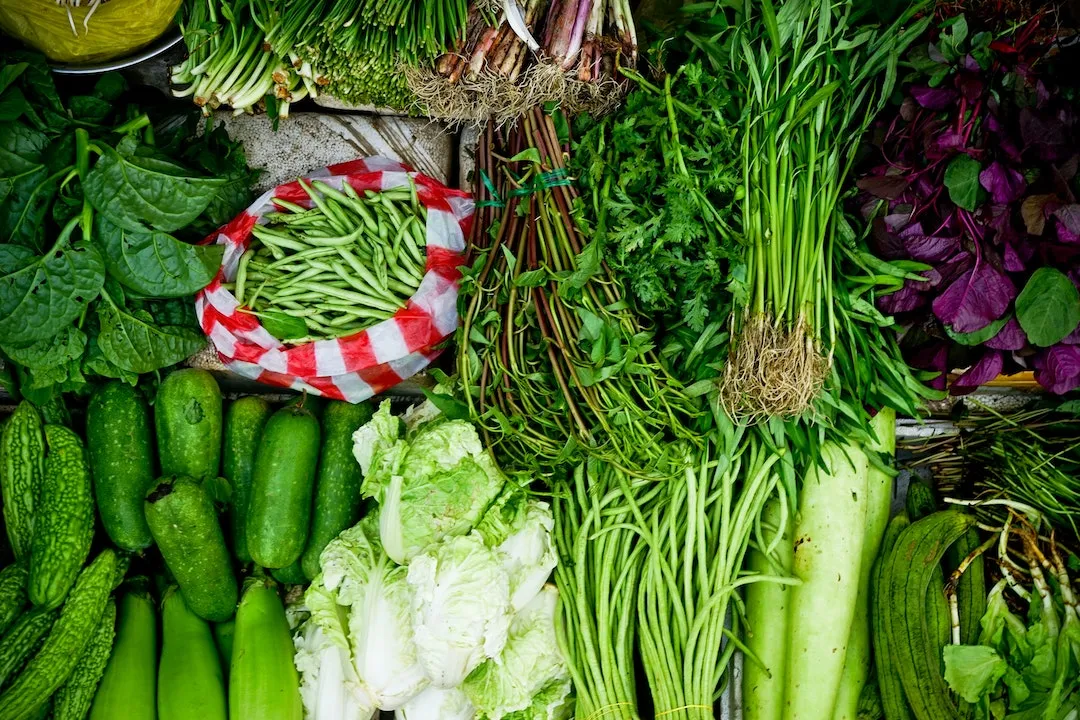Regenerative or Organic Farming: What's the Difference?



The first sustainable agriculture activities emerged after the First World War, trying to counter industrialization and urbanization. It was sought to return to a more natural way of life and thanks to this, methods of composting and fertilization with organic waste began to be used.
The industrialized agriculture that has been carried out since the industrial revolution takes nutrients from the soil, causing its degradation and making it less and less productive without the “help” of additives such as chemical fertilizers and aggressive pesticides. These can cause diseases, not only posing a risk to consumers of food that was cultivated in this way, but also to people who work in the fields.
Organic and regenerative agriculture are two concepts that have emerged with the desire to seek sustainable alternative agriculture. Surely you are familiar with organic foods and products, since today they have a strong presence in urban supermarkets. The concept of regenerative agriculture, on the other hand, you've probably heard less, despite the fact that many environmental initiatives are betting on this practice as a key solution to climate change.
There can be a bit of confusion regarding the differences between the two types of agriculture, because they actually have a lot in common. We are going to review each aspect to understand where one ends and the other begins.
Both:
- They reject synthetic fertilizers and pesticides as well as antibiotics in cattle.
- They seek to improve soil health and the water cycle.
- They improve the quality of food.
- The health of farmers and consumers is not affected by the use of toxic pesticides.
Differences
Organic Farming
Regenerative agriculture
- It has to comply with certain regulations to be considered organic, which culminates in certification. There are many certification bodies worldwide.
- More oriented to the final product being marketed.
- There are few international entities that certify that it is “regenerative” agriculture, but they are under development. One is called Regenerative Organic Certification (ROC).
- More aimed at regenerating ecological health and also combating climate change.
- It has the proven capacity to capture carbon thanks to its focus on “reinvesting” carbon into the soil.
- It seeks to go beyond the organic movement; not only to maintain ecosystem health but to continuously improve it.
The organic movement has grown exponentially since the 90s and has gone from being a curious and marginal novelty to a global and multi-million dollar market. Although it has experienced a lot of progress, it's not perfect either, and it suffers from many areas for improvement. The regenerative movement today is precisely in growth and development and it should be noted that it is not a rejection of the organic, but a broader and more ambitious vision that builds on what the organic movement has already achieved.
Meeting the demand of a growing global population at affordable prices remains the main challenge of all alternative agricultural practices that seek ecological balance. Unfortunately, the necessary money is not being invested in regenerative agriculture, despite the fact that in the long term it has more significant advantages. It is curious that there is a lack of funding in research when it is accepted that the way to improve the quality of our food and simultaneously respect the environment is by implementing these practices that take advantage of and adapt the pre-existing power of nature's processes. It's a matter of exploring more and innovating in them.
At Toroto, we work for a future where something as basic as the systems behind how we eat can be part of the solution and not part of the problem. This is why we are also committed to regenerative agriculture, which goes beyond producing healthy and sustainable food, because although sustainability is important, leaving the planet better than we had to inherit it it is even more powerful.
Explore reflections, research and field learning from our work in ecosystem restoration.